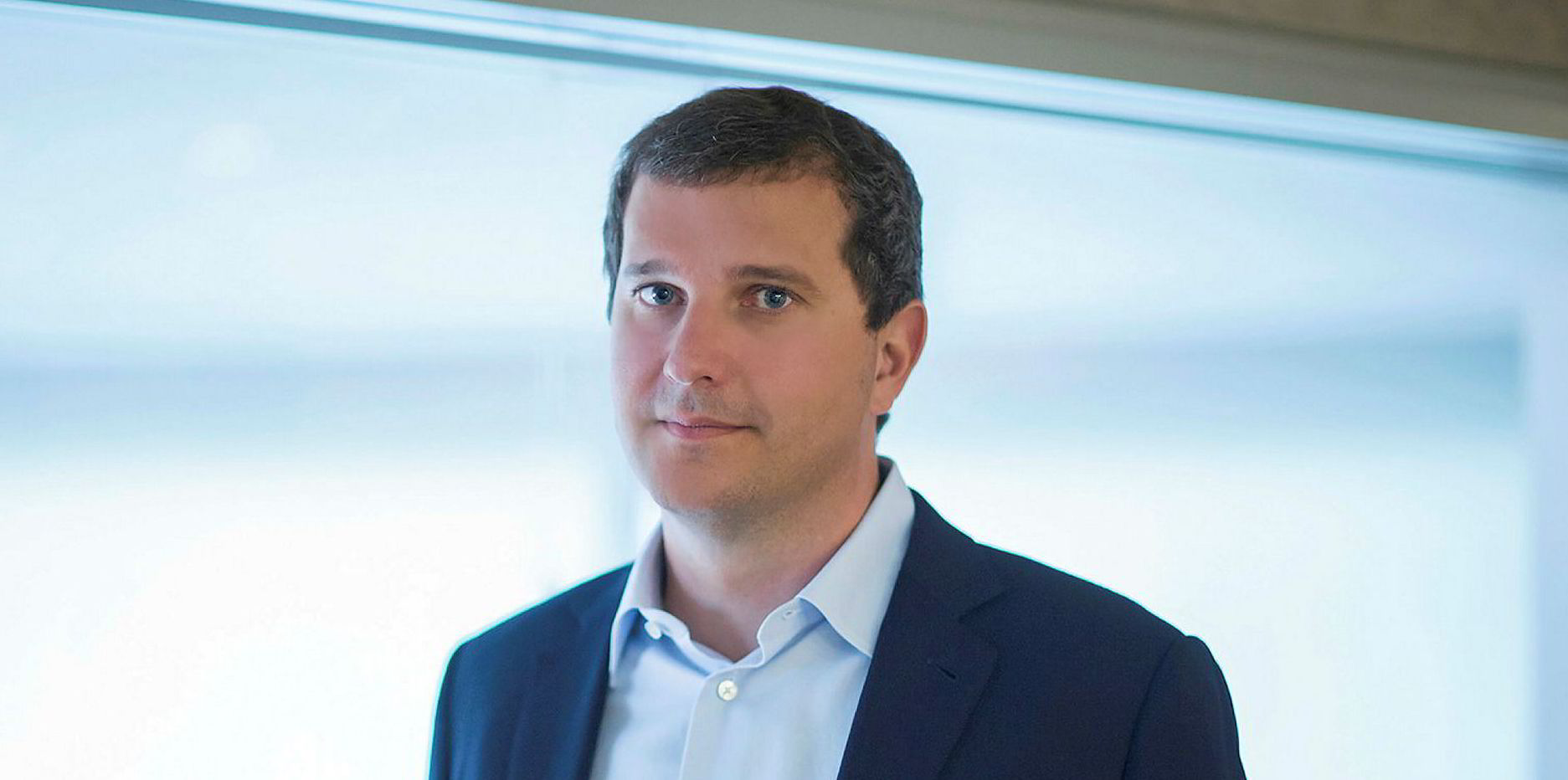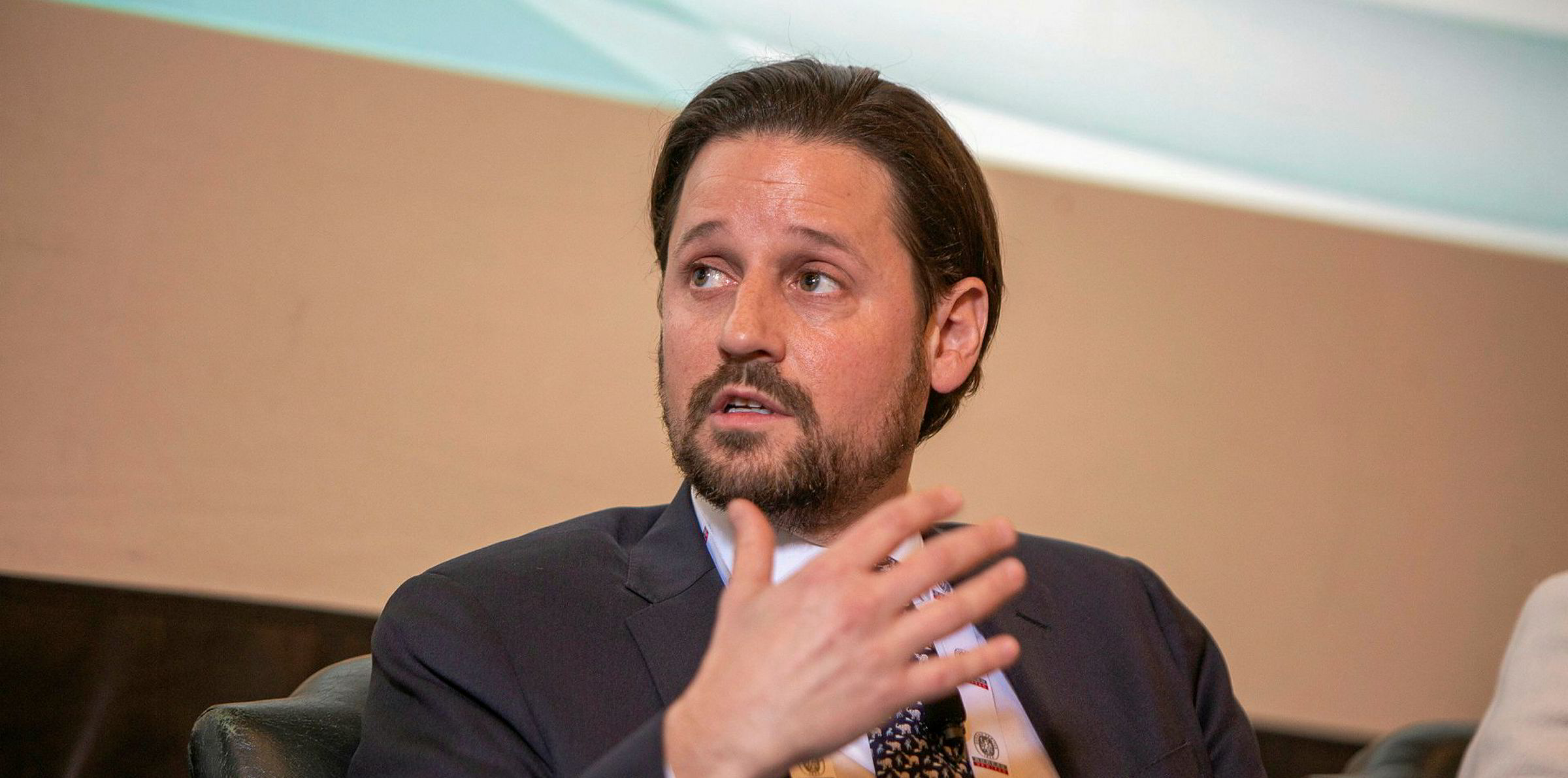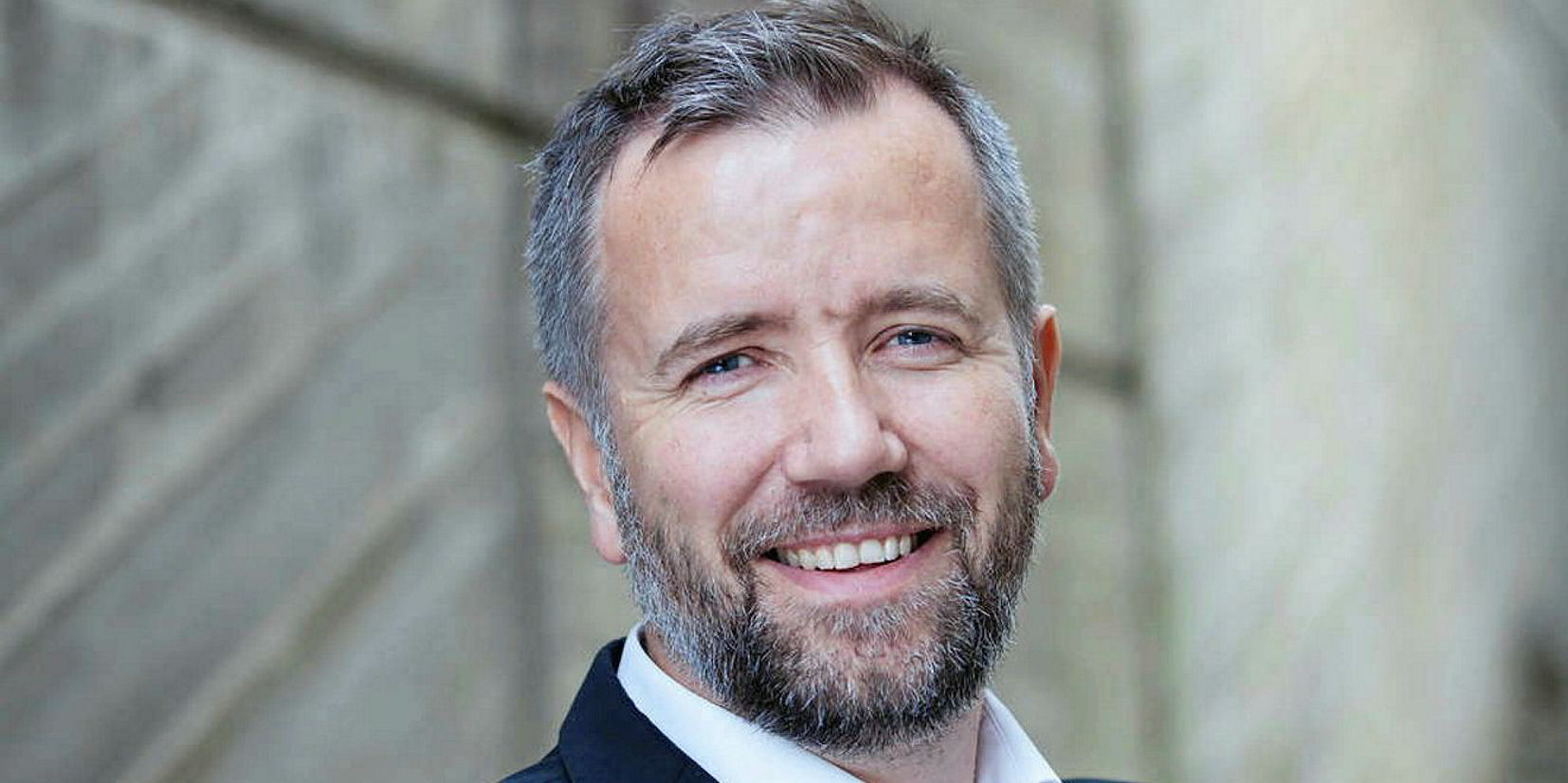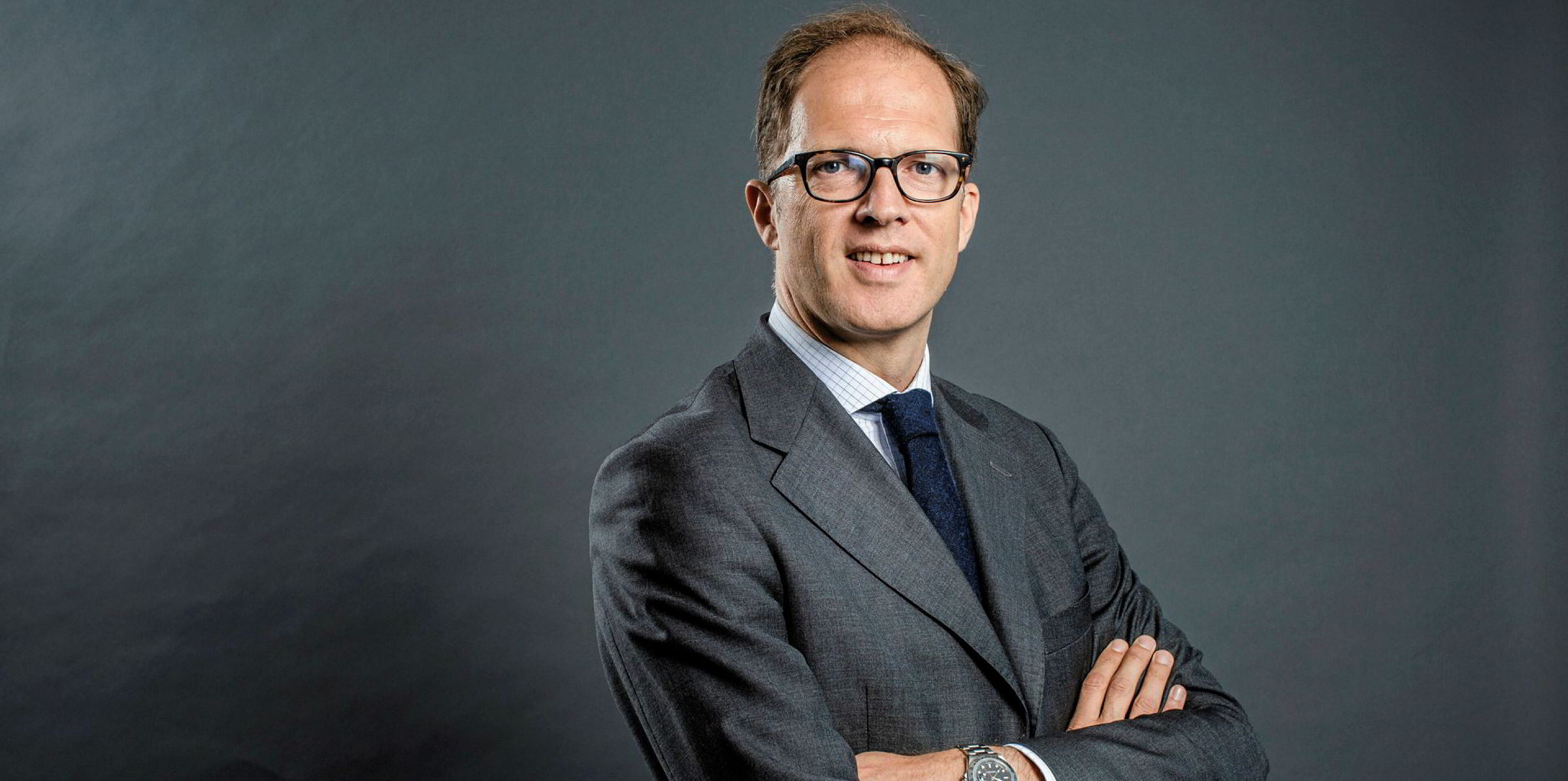Can a shipping company transform itself into a technology firm that operates vessels?
Such a concept would be nothing new in Silicon Valley, where everyone likes to position themselves as a technology player, regardless of their product.
For example, walking into an iPhone launch event, you will have no trouble finding Apple executives telling you that the users are paying for communications technology rather than merely buying a mobile phone.
But this had been an unimagined concept in the millennia-old shipping industry until some fast-expanding pool managers emerged recently with the ambition to underscore their technological prowess by establishing digital ventures.
Ioannis Martinos, chief executive of Greece’s Signal Group, which owns a commercial shipmanagement firm and a tech start-up company, believes technology now plays a vital role in a pool manager’s performance.
“The better you are in using and developing technology, the better your results are going to be, and the more competitive you're going to be,” Martinos told TradeWinds.
“Pool managers compete with each other on results. Technology can help them deliver.”
Signal Maritime, the commercial manager, has built the world’s largest aframax pool of 27 vessels from 13 owners since its inauguration 18 months ago. Martinos said it expects to welcome another five ships by the end of December this year, before possibly entering the MR segment in early 2021.
The pool claims to be producing superior earnings from the Signal Ocean platform — a piece of software developed in-house that helps chartering professionals crunch data and predict freight market movements.

The artificial intelligence-based system, which covers the main wet and dry bulk segments, evaluates voyage and fixture prospects from about 20 factors including weather, cargo demand and port waiting time. It can be bought separately by third-party clients.
“We started with a commercial management business for our own ships and built the platform,” Martinos said. “Then [we] created the software company.”
Vision of Maersk Tankers
Anders Okkels Birk, head of the MR segment at Maersk Tankers, also believes digitalisation will be the future for pool managers.
“Once you start this, and once you disrupt the business, it doesn't go back,” Birk said. “That is definitely the way forward.”
The Danish company is the world’s largest commercial manager of product tankers, with 224 vessels in its various pools — up 25% over the past year. The MR pool has more than doubled its size after partnering with Cargill and Team Tankers International.
“Technology is one of the foundations for the increase in the scale that we've seen over the last year,” Birk said.
Maersk Tankers has developed software to reduce bunker fuel consumption by determining optimal sailing speed, factoring in freight rates, bunker prices, weather and individual vessel specifications.
In early 2020, the company launched a digital business to market this to non-pool partners. ZeroNorth began formal operations in June and, at that time, the Optimise software was already being used by 300 tankers and bulkers from six shipping players.
Birk said the business has "generated more than $7m in fuel savings for the vessels in our pools” from using Optimise between January and June.
Moreover, Maersk Tankers has developed a portal for pool partners — named "InSite Digital" — to provide an overview of vessel arrangements.
“You are able to see the details of the other ships in the same pool,” Birk said. “You can, for example, go in and see what trading is allowed and vessels’ fuel consumption. We give visibility on that to all the partners within the same pool.”
Transparency matters
Meanwhile, Navig8 commercial director Jason Klopfer suggested shipowners now demand more transparency from pool managers — and in a quicker way.
“The first step was demystifying the interaction between pool participants and pool managers,” said Klopfer, whose company manages about 130 vessels. “Pool participants now require a better understanding of how assets are being deployed.
“Traditionally, an understanding of anything beyond high-level results were difficult to achieve in real-time. Today, Navig8 pool participants are provided with all the necessary data required.”

Navig8 has been investing in digital tools to maximise vessel revenues and reduce costs.
“Pool managers have been utilising technology as a means of differentiating themselves in what has become a competitive space,” Klopfer said. “Ultimately, pool participants will vote with their feet and consistent outperformance is required.”
Human factors still important
Hafnia, which has about 165 product tankers under its pool management, prefers to focus on the benefits of digitalisation on the environmental front.
“Sharing of data for industry-wide gains should definitely be considered,” a spokesman said. “For instance, facilitating just-in-time arrival by sharing data between various parties such as oil majors, ports, shipowners and even bunker barges would result in better transparency of arrival times and less wastage of fuel during port calls.”
The International Maritime Organization has set aims for the industry to reduce carbon intensity of international shipping by 40% before 2030 and halve greenhouse gas emissions by 2050. Many experts believe a large proportion of emissions cuts will come from minimising fuel consumption.
“Data sharing is necessary if the global ambitions for 2030, and especially 2050, CO2 reductions are to be reached,” the spokesman said.
While using big data to analyse market conditions, Hafnia claims its fee structure to be the lowest among pool managers and stresses the importance of the human element.
“We still believe, at the end of the day, the personal network and ‘Fingerspitzengefuhl’ [instinct] plays a major role in succeeding or failing in this market,” the spokesman said.
Joe Brady contributed to this article







